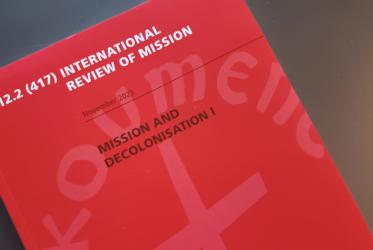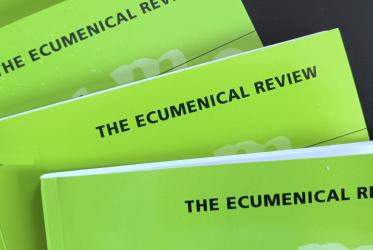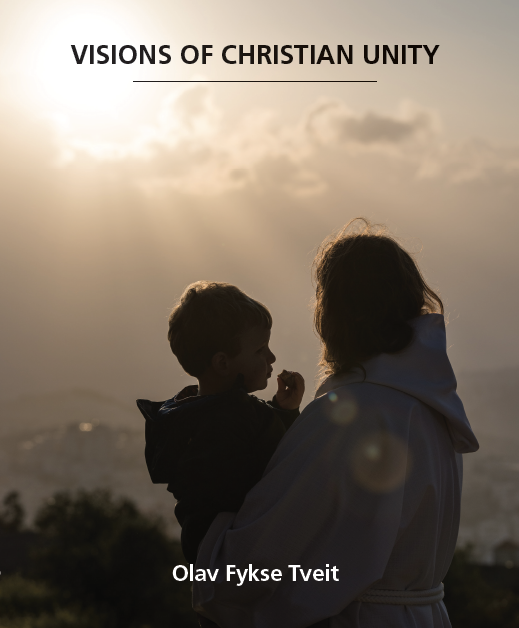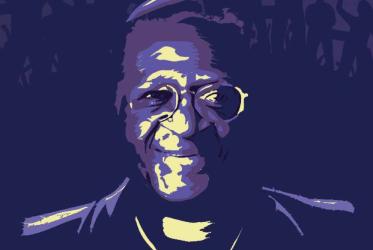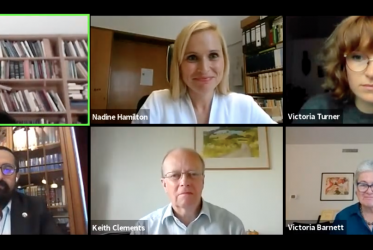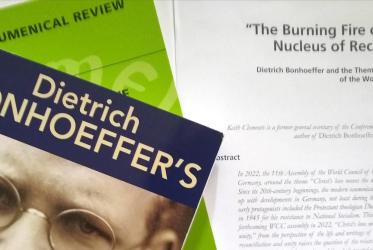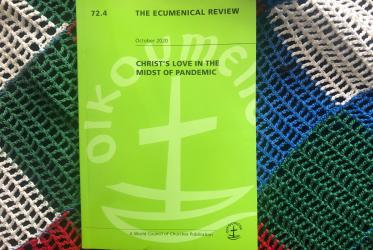Displaying 1 - 20 of 21
Ahead of Her Time
Pan-African Women of Faith and the Vision of Christian Unity, Mission, and Justice
01 November 2023
Visions of Christian Unity
24 August 2022
Hate Speech and Whiteness: PJP Series 5
Theological Reflections on the Journey Toward Racial Justice
19 August 2022
Towards an Ecumenical Theology of Companionship: PJP Series 3
A Study Document for the Ecumenical Pilgrimage of Justice and Peace
19 August 2022
Tutu’s legacy: A Zoom panel celebrating “the Arch”
03 February 2022
Ecumenical Review focuses on “Global Manifestations of Racism Today”
27 February 2020
The year that shook the world: 1968 in retrospect
18 October 2018
New book launched to mark WCC’s 70th anniversary
27 June 2018
